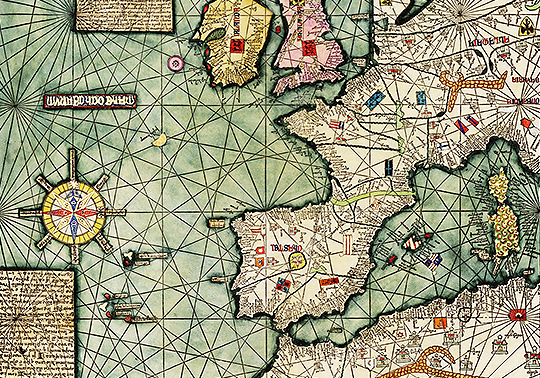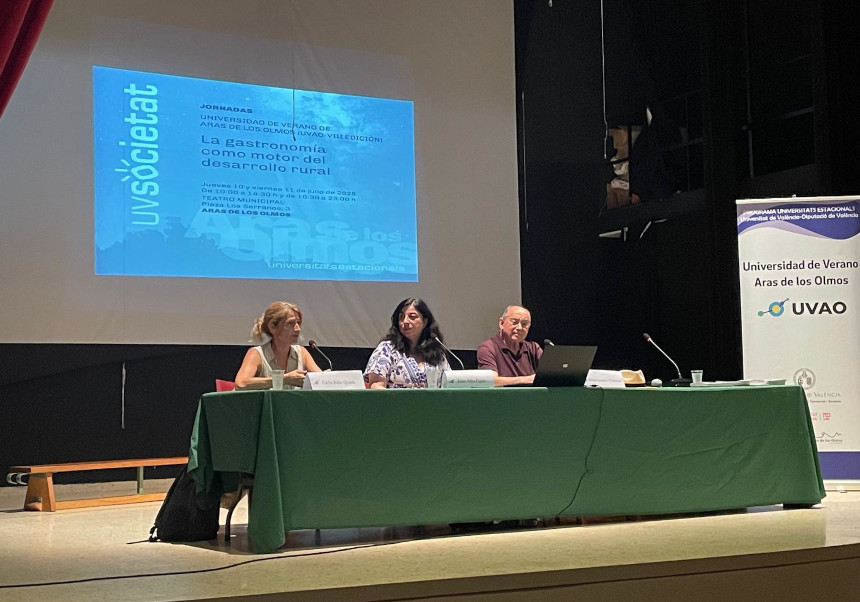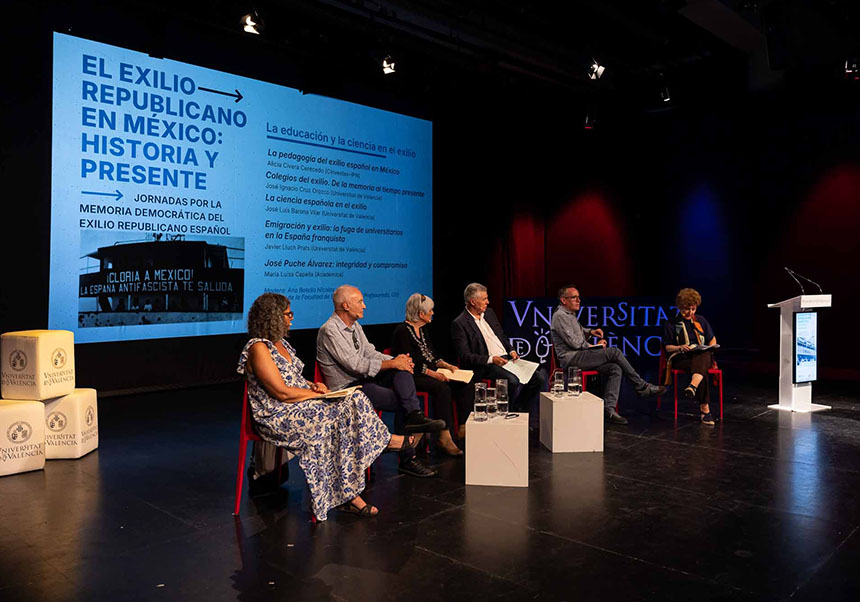Europe’s Day: Session about the Valencian identity in the continent
- May 8th, 2017

The Faculty of Law hosts on 9 May the second session ‘Los valencianos, pueblo de Europa, jornadas de reflexión política y jurídica’, which started last 25 April and will conclude on 29 June. It is a meeting distributed in three sessions. This second session coincides with the celebration of Europe’s Day and is titled ‘Europeísmo en crisis y desencanto ciudadano’. It will take place at 16:30h in the Sala Hemicicle Joaquin Tomàs de Vilarroya.
The session will be opened by the Councillor for the Economy and Economic model, Vicent Soler, who will give a talk to introduce the first presentation of the event by the full university professor Josep Maria Jordan Galduf. The first presentation is titled ‘Europeísmo: quo vadis? Entre el sueño y la realidad’ (‘Europeism: quo vadis? Between dream and reality’). The second presentation will be given by Josep Vicent Boira, Regional Secretary for Housing, Public Works and Territorial Planning, who will talk about ‘Regionalismo europeo, infraestructuras y política territorial’ (‘European Regionalism, Infrastructure and Territorial Policy’). The next presentation carried out by Francesc Miralles, lawyer and political scientist, is called ‘Foralismo y descentralización fiscal ante la crisis de la zona euro’. The session will end up with the communications carried out by experts in these subjects.
These study sessions consider a key issue: the Valencian nationality as historic and its integration in the framework of a democratic political structure that needs an effective recognition of the territorial plurality. Thus, the aim is to improve the political and legal insertion of the Region of Valencia within the occidental democratic context, as well as the state and continental environment.
The subjects addressed in the debate are the following: Valencian identity, the conceptions of Spain, the values and crisis of the Europeism, the challenges of the democratic citizenship and the political culture of the democratic federalism, among others.
File in: Cultura , Facultat de Dret , Conferències i debats
















